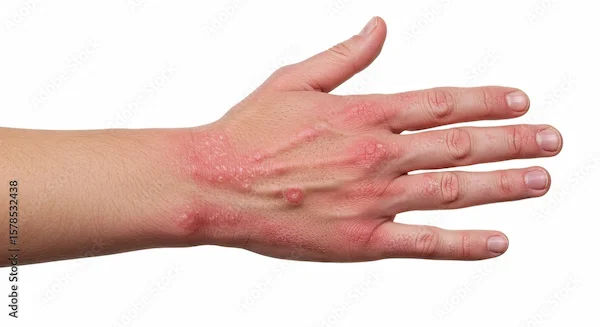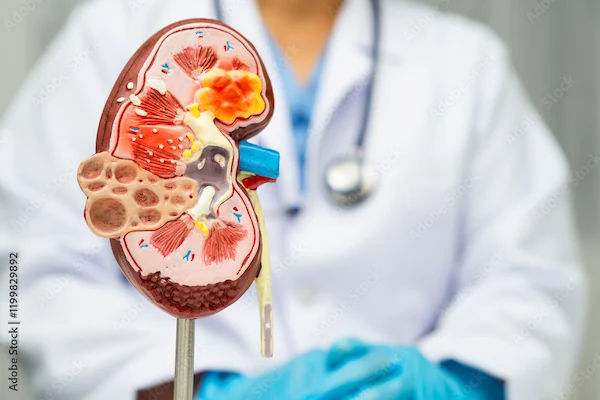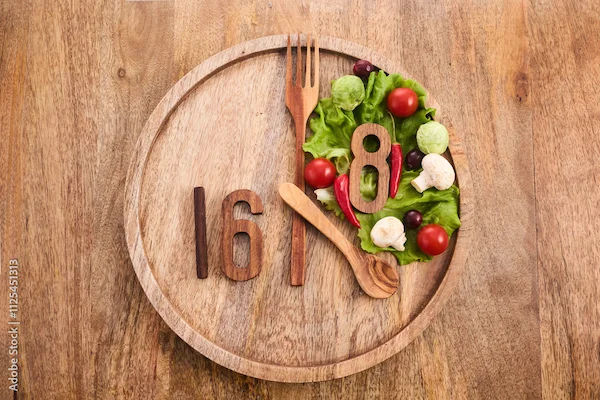World Blood Donor Day Information and Overview
Know about the blood donor day, what it is, why it is important, who should & shouldn't donate blood, benefits, myths and facts of blood donors and more.

Written by Dr. J T Hema Pratima
Reviewed by Dr. Shaik Abdul Kalam MD (Physician)
Last updated on 14th Aug, 2025

Introduction
Every year on June 14th, the world comes together to celebrate World Blood Donor Day (WBDD). This special day is dedicated to raising awareness about the importance of voluntary blood donation and thanking the selfless individuals who donate blood to save lives.
Blood donation is a simple yet powerful act that can make a huge difference in someone’s life. Whether it’s for accident victims, surgery patients, or those battling diseases like cancer or thalassemia, donated blood is a lifeline.
In this article, we’ll explore: Why blood donation matters, Who can donate blood
The benefits of donating blood and how you can contribute
Let’s dive in!
Why is Blood Donation Important?
Blood is essential for life, and unfortunately, it cannot be artificially manufactured. The only way to get blood for medical emergencies is through voluntary donations.
Here’s why donating blood is crucial:
- Saves Lives – A single donation can help up to three people!
- Supports Medical Treatments – Needed for surgeries, cancer therapy, childbirth complications, and chronic diseases.
- Emergency Preparedness – Natural disasters and accidents create urgent blood demands.
- Maintains Blood Supply – Blood has a limited shelf life (red cells last 42 days, platelets just 5 days), so regular donations are necessary.
- Despite the need, only about 3% of eligible people donate blood globally. This shortage can lead to critical delays in medical care.
Consult the Best General Practitioner for Personalised Advice
Who Can Donate Blood?
Not everyone can donate blood, but if you meet these basic criteria, you could be a lifesaver:
- Age: 18–65 years (some countries allow 16–17 with parental consent).
- Weight: At least 50 kg (110 lbs).
- Health: Generally healthy, with no active infections.
- Haemoglobin Levels: Minimum 12.5 g/dL for women, 13 g/dL for men.
- Frequency: Every 3 months (men) and 4 months (women).
Who Should Avoid Donating?
It includes:
- Recent infections (cold, flu, fever).
- Certain chronic illnesses (HIV, hepatitis B/C).
- Pregnancy or recent childbirth (wait 6–12 months).
- Recent tattoos/piercings (wait 3–12 months depending on regulations).
- If you’re unsure, a quick health screening before donation will confirm eligibility.
Benefits of Blood Donation
Donating blood isn’t just good for recipients, it’s great for donors too!
1. Health Check-Up
Before donating, you get a free mini health screening, including:
- Blood pressure check
- Hemoglobin test
- Pulse rate assessment
2. Reduces Risk of Heart Disease
Regular donation helps lower iron levels, reducing the risk of heart attacks.
3. Burns Calories
Donating 450 ml of blood burns ~650 calories (though it’s not a weight-loss strategy!).
4. Emotional Well-being
Helping others gives a sense of fulfilment and reduces stress.
How to Prepare for Blood Donation?
To ensure a smooth donation process:
- Eat Well – Have a healthy meal (iron-rich foods like spinach, lentils, eggs) before donating.
- Hydrate – Drink plenty of water to prevent dizziness.
- Avoid Alcohol & Fatty Foods – 24 hours before donation.
- Rest Well – Get a good night’s sleep.
- Bring ID – Most centres require identification.
After Donation Care
- Rest for 10–15 minutes before leaving.
- Avoid heavy lifting or intense exercise for 24 hours.
- Drink extra fluids and eat iron-rich foods.
Myths vs. Facts About Blood Donation
- Myth: Donating blood is painful.
- Fact: Only a slight pinch, and the process takes 10–15 minutes.
- Myth: Donating weakens the immune system.
- Fact: Your body replaces blood volume within 48 hours and red cells in 4–6 weeks.
- Myth: You can’t donate if you have diabetes/hypertension.
- Fact: If well-controlled, you can donate!
- Myth: Older adults can’t donate.
- Fact: Healthy seniors (up to 65+) can donate if they meet the criteria.
How You Can Help (Even If You Can’t Donate)?
Not everyone can donate blood, but you can still contribute:
- Spread Awareness – Share posts on social media using #WorldBloodDonorDay.
- Organise a Drive – Partner with local hospitals or NGOs.
- Volunteer – Help at donation camps.
- Encourage Others – Motivate friends/family to donate.
Where to Donate Blood?
Many hospitals, blood banks, and organisations conduct donation drives. You can also:
🔹 Book a donation slot at Apollo Blood Banks (visit Apollo24|7 for locations).
🔹 Check the Indian Red Cross Society or local blood donation camps.
Final Thoughts
Blood donation is a simple, safe, and noble act that saves lives. This World Blood Donor Day, consider becoming a donoryou could be someone’s hero!
Consult the Best General Practitioner for Personalised Advice
Dr. Gaddam Manoj
General Practitioner
1 Years • MBBS
Hyderabad
Aaradhya clinic, Hyderabad

Dr Suseela
General Physician
5 Years • MBBS
Bengaluru
Apollo Medical Center, Marathahalli, Bengaluru
Dr. Sahana B
General Practitioner
3 Years • MBBS
Koppal
Khushi multi-speciality hospital, Koppal

Dr. Mainak Baksi
General Practitioner
13 Years • MBBS , MD (MPH)
Howrah
Mainak Baksi Clinic, Howrah
(50+ Patients)

Dr. Rajib Ghose
General Practitioner
25 Years • MBBS
East Midnapore
VIVEKANANDA SEBA SADAN, East Midnapore




